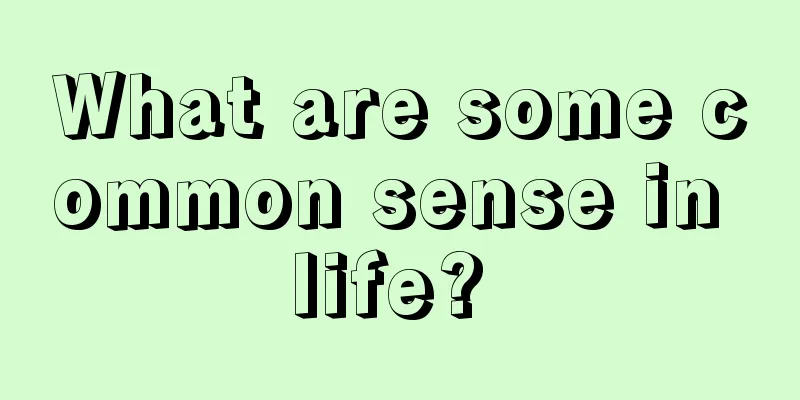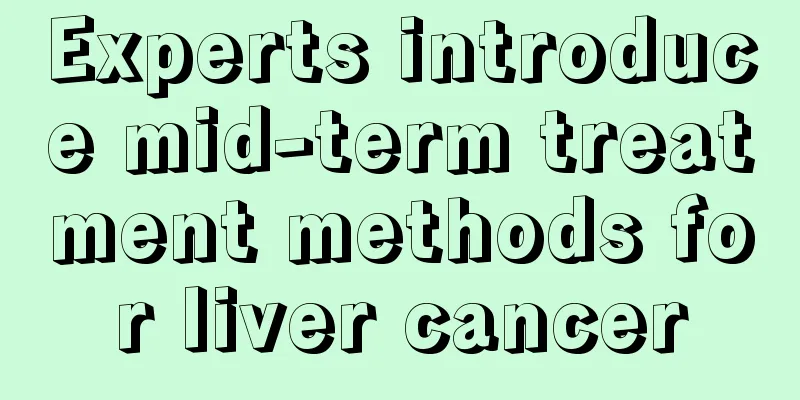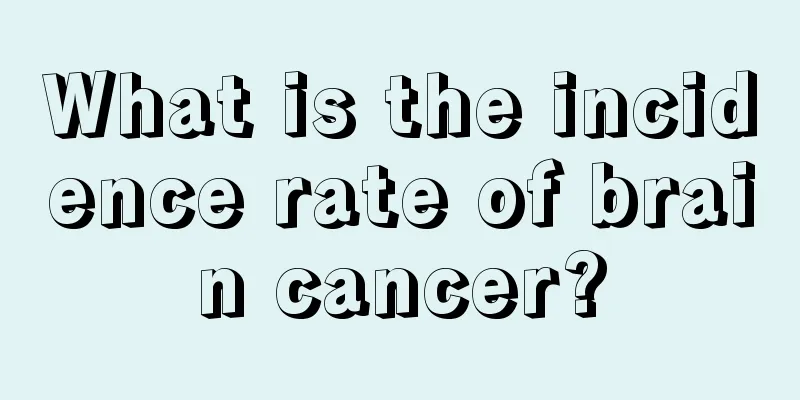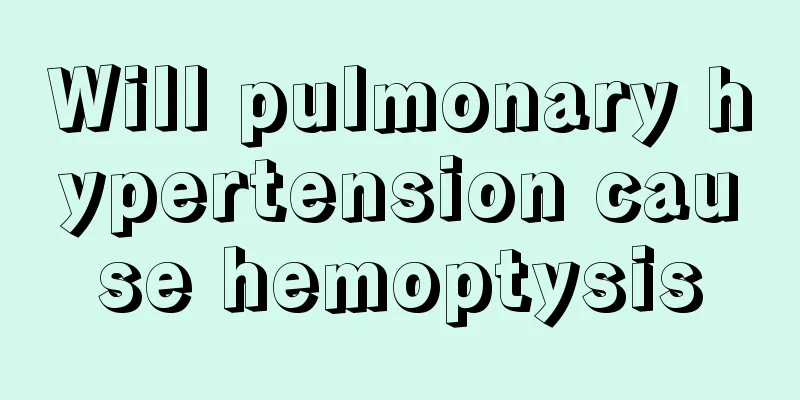What are the treatments for heart failure

|
The treatment of heart failure is very important for all patients, because only by paying attention to scientific treatment can the harm be reduced. Common treatment drugs include cardiotonic drugs, digoxin and vasodilators. When using any drug, you should consult a professional doctor. 1. Cardiotonic drugs: Digoxin: It is a medium-acting digitalis preparation used in the treatment of heart failure. Suitable for patients with chronic heart failure with poor systolic function. Especially those with atrial fibrillation and rapid ventricular rate. Take orally 0.125 mg each time (0.25 mg per tablet), 1 to 2 times a day. It is contraindicated for patients with bradycardia, II or III degree atrioventricular block, sick sinus syndrome, carotid sinus syndrome, preexcitation syndrome, hypertrophic obstructive cardiomyopathy, hypokalemia, and hypomagnesemia. 2. Digoxin: It is a fast-acting digitalis preparation used in the treatment of heart failure. Suitable for patients with acute left heart failure, pulmonary edema or acute exacerbation of chronic heart failure. Add 0.2-0.4 mg (0.4 mg per vial) to 20 ml of 25% glucose injection and slowly push intravenously. It takes effect in 5 to 10 minutes and reaches its peak in 2 hours. This drug is generally not suitable for acute pulmonary edema caused by mitral stenosis, except for atrial fibrillation with rapid ventricular rate, so as to avoid aggravating pulmonary congestion due to increased right ventricular output. 3. Vasodilators: Nitroglycerin: It is suitable for patients with acute left heart failure in the treatment of heart failure. Dissolve sublingually, 1 tablet (0.5 mg) each time or spray 0.4 mg into the mouth with nitroglycerin spray. The medication can be repeated every 10 minutes for a maximum of 3 times. 4. Sodium nitroprusside: It is particularly suitable for patients with acute left heart failure accompanied by severe hypertension, severe mitral valve and (or) aortic valve insufficiency, and acute deterioration of chronic heart failure. Usage: The initial dose is 10 micrograms/minute, which is increased by 5 to 10 micrograms/minute every 5 minutes until therapeutic effects or side effects such as hypotension are achieved. The maximum dose is 300 micrograms/minute, which can cause hypotension, which can be recovered within 10 minutes after stopping the drug. If used continuously for more than 1 week, attention should be paid to thiocyanate poisoning, denatured hemoglobinemia, vitamin B12 deficiency, etc. 5. Isosorbide dinitrate (Isosorbide dinitrate, Isodeoxycholate): It is a balanced vasodilator used in the treatment of heart failure. For patients with acute left heart failure, add 1 to 3 vials (10 mg each) to 250 ml of 5% glucose injection and drip intravenously at 20 drops/min. For patients with chronic heart failure, 3 vials can be added to 500 ml of 5% glucose injection and dripped intravenously at a rate of 10 drops/minute, or 10 mg of the tablets can be taken orally, 3 times a day. In addition, patients with chronic heart failure can also choose isosorbide mononitrate (Isoprolol, Syndiotide). |
<<: What is aortic valve calcification?
>>: What to do if gums shrink and turn black? Prevention is important
Recommend
What are the dietary care methods for colon cancer
In recent years, colorectal cancer has become one...
How to treat carpal tunnel syndrome
If carpal tunnel syndrome occurs, the only way is...
Which exercises are better for lymphoma
In addition to conventional treatments, there are...
What are the specific clinical symptoms of liver cancer? Six common clinical symptoms of liver cancer
Now the number of people dying from liver cancer ...
What to do if your ears are blocked or you have tinnitus?
Blocked ears and tinnitus are common clinical sym...
How long can a person with advanced pancreatic cancer vomit green stuff and live
It is generally difficult to generalize how long ...
What are some exercises that can train the cerebellum?
The structure of the human brain is extremely com...
Can rectal cancer blood be transmitted if there is no wound on the skin?
Cancer is caused by cell carcinoma. It is a cellu...
What are the effects of purple beans?
Purple beans are also a common type of beans. The...
Pubic arch angle
Everyone knows where the pubic bone is located in...
Mole on the heel?
Moles on the heels can generally be treated with ...
Several early signs of rectal cancer
There are no clear 16 early signs of rectal cance...
Recognize the symptoms of colon tumors
Colon cancer is one of the diseases that seriousl...
What is gonorrhea, its prevention and diet
Gonorrhea is a disease in which gonococci cause i...
What should I do if I have pollen allergy and asthma
Pollen allergy asthma has a relatively large impa...









